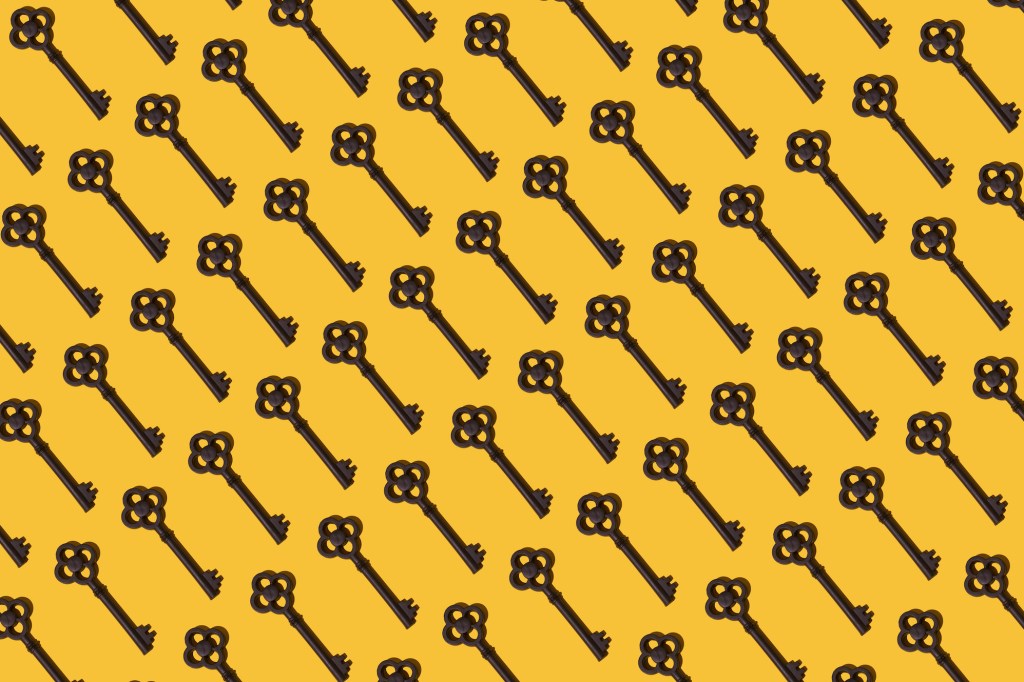Topics
Latest
AI
Amazon
Image Credits:DBenitostock / Getty Images
Apps
Biotech & Health
mood

Image Credits:DBenitostock / Getty Images
Cloud Computing
Commerce
Crypto
Enterprise
EVs
Fintech
Fundraising
Gadgets
Gaming
Government & Policy
computer hardware
Layoffs
Media & Entertainment
Meta
Microsoft
Privacy
Robotics
Security
Social
blank
startup
TikTok
Transportation
Venture
More from TechCrunch
Events
Startup Battlefield
StrictlyVC
Podcasts
Videos
Partner Content
TechCrunch Brand Studio
Crunchboard
Contact Us
DNA testing and genealogy companies are step up user story security by mandate the exercise oftwo - element authentication , following the theft of millions of user track record from DNA genetic testing giant 23andMe .
Ancestry , MyHeritage and 23andMe have begun notifying customers that their accounts will use two - factor ( 2FA ) by default , a security feature where users are asked to go into an additional verification code send to a machine they own to corroborate that the individual sign in is the straight account bearer .
Ancestry emailed customers saying the society will “ require two - step verification ” for client signalise in by send a code to their phone or e-mail reference .
“ Ancestry is ask all AncestryDNA customers who want to view their DNA match to use multi - factor authentication to log into their account . This requirement will go into effect by the end of the year , ” said Ancestry representative Gina Spatafore in an e-mail to TechCrunch .
MyHeritage saidin a web log post last weekthat two - ingredient authentication will “ before long become a mandatory requirement for our deoxyribonucleic acid customers , ” citing the late data theft at 23andMe . For its part,23andMe said this weekthat it was also “ requiring all customers use a second step of verification ” to sign into their story .
Ancestry , MyHeritage and 23andMe account for more than 100 million users .
The move to require 2FA by default comes after 23andMe enjoin in October it was investigating after a cyber-terrorist claimed the thievery of millions of 23andMe account record , including one million users of Judaic Ashkenazi descent and 100,000 Chinese users .
Join us at TechCrunch Sessions: AI
Exhibit at TechCrunch Sessions: AI
23andMe saidin a blog Charles William Post at the timethat it believe hacker accessed 23andMe drug user accounts by using stolen substance abuser countersign — where hacker try lists of usernames and corresponding parole that were already made public from other datum severance . The hackers compiled visibility and familial data from 23andMe users who had opt into itsDNA Relativesfeature , which get users who flip-flop on the feature mechanically share their data with others , according to 23andMe .
TechCrunch found thatsome of the stolen data was advertised as betimes as August , and that some of the stolen data point matches known and public 23andMe user and genetical data .
Genetics and genealogy companies have previously been targets of cyberattacks and data thieving , given the wealthiness of sore personal and transmissible data they admit . In 2020 , deoxyribonucleic acid analysis siteGEDmatch said it experienced two data breachesthat reveal substance abuser ’ data point . In 2019 , DNA examination firmVeritas Genetics was hit by a data point breachthat compromised customer information .
Updated with comment from Ancestry .
cyberpunk leaks millions more 23andMe user book on cybercrime forum